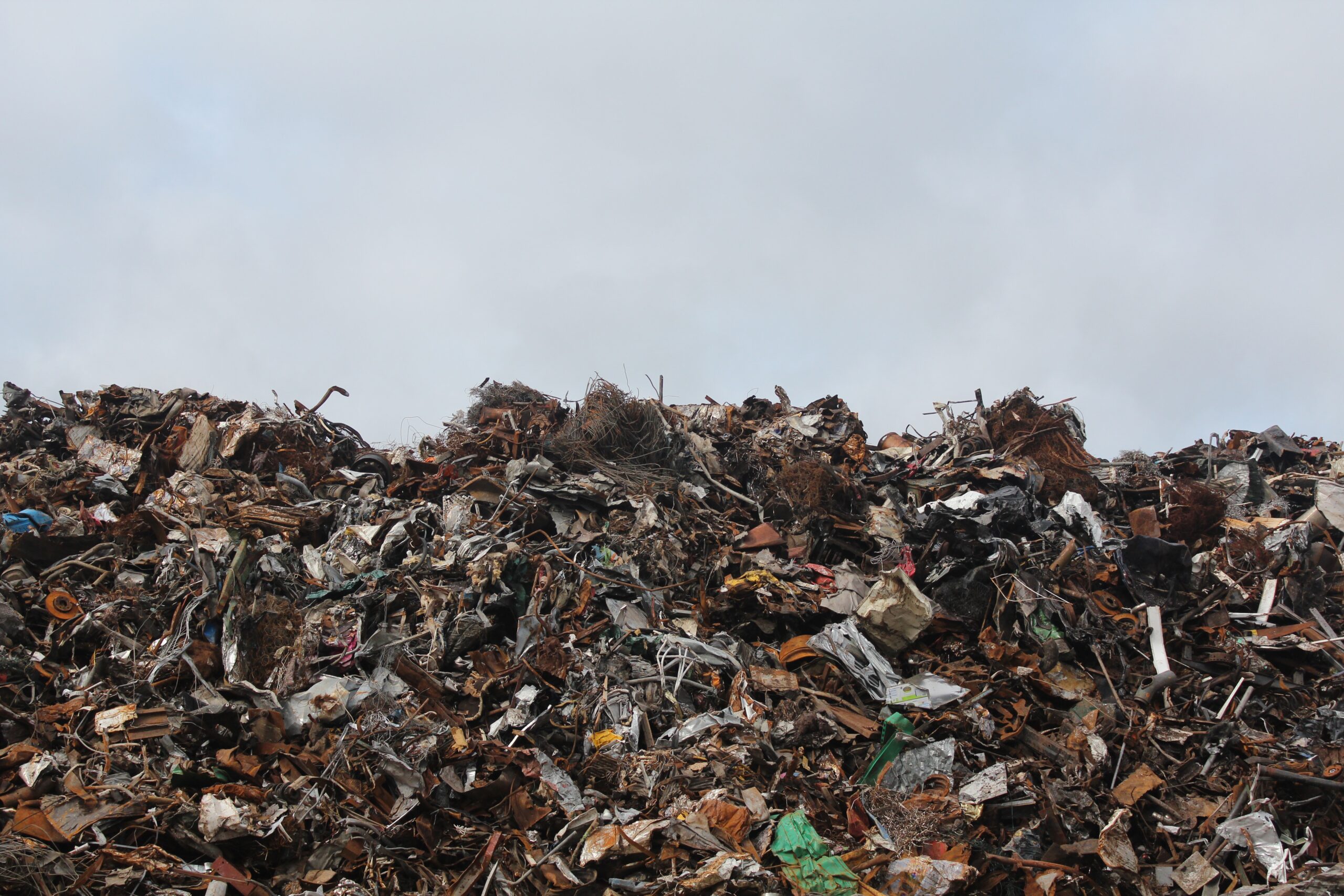In our previous post, YOU SHOULD REALLY WORRY ABOUT PLASTICS, it was said that our on-the-go lifestyle has created more demands for disposable products to sustain it, and most of which will end up causing problems we will have to deal with some time in the future.
But this time around, what we meant by trash isn’t just limited to plastics, although it has a huge role to play. We are talking about your general trash, any produce that you consider useless after it’s been used, that’s our focus in this article.
Now you might not agree with this but there’s a damaging sense of inattentiveness that is exhibited both on the part of the producers and the consumer.
Producers don’t seem to pay enough attention to how they can produce efficiently than the last making their products very timely for the modern-day challenges, and on the side of the consumers, many don’t seem to care much about their trash and how they could reduce and make better use of it instead of throwing it out at its first use.
We are both guilty of this as many of us use things without thinking carefully about how they can be managed in the most efficient ways.
There’s a term called Circular Economy, and this term attempts to change our approach to what we think waste is, this term recognizes the need for every sector of the economy to produce most effectively and efficiently.
How? Many sectors of the economy if not all rely on a traditional linear approach to production and effectiveness, this linear approach is also known as the take-make-waste approach, (take resources, make produce from those resources, and put those produce to waste after they have served their purpose.).
The linear system that we are all used to stifles the long-term growth that is seriously needed, and unlike the linear system the circular approach attempts to:
- Design out waste.
- Keep products in use.
- Regenerate natural systems.

DESIGN OUT WASTE
As complex as it might sound it simply means that we need to engage in new ways to eliminate waste from the traditional “post-produce chain”, it’s not entirely impossible as the capabilities to make it possible and achievable aren’t complex or surrounded by huge technical steps.
It simply involves anything that prevents the produce from ending up in landfills, for instance, spoiled food or organics doesn’t need to be packed in a plastic bag and thrown out, they could be managed properly in such a way that they could be turned into fertilizers in your gardens and farms.
For plastics, instead of them being disposed of after a single use, they could be creatively upcycled, that is, turning them into things with different uses. The same thing could be done for your old pieces of furniture
So the focus now is not on disposing properly but on stopping disposing, as crazy as it might sound.
KEEP PRODUCTS IN USE
This principle attempts to make sure products are designed to be kept in use, and those products don’t go to trash bins or landfills after use. It intends to make products recyclable, reusable, and renewable.
So whether it’s electricity, an old car, or a spoiled piece of furniture, the circular economy still applies and tries to make sure these products are still reused in any way, thereby escaping the landfill because there simply wasn’t any in the product’s future.
REGENERATING NATURAL SYSTEM
Now that we’ve found out ways to eliminate waste production, in the past, we’ve made damages to the environment because of our linear approach (take-make-waste approach), and we’ll need to fix that if we really care about the environment.
This doesn’t need to be done in the grandest ways with intensive tools and skills involved, in simple ways we’ll just need to make sure the environment has the ability and space to regenerate and heal itself.
We can do this by choosing renewables and recycling over environmentally harmful methods, letting nature thrive unhindered, etc.
Essentially, everything described as waste shouldn’t be called waste, making your colleagues and friends understand that not everything needs to be trashed is part of the assistance the planet needs from us as global citizens.


